From Exodus to Hope: The Story of Yacouba Moussa, Farmer and Butcher in Kouloumboutaye
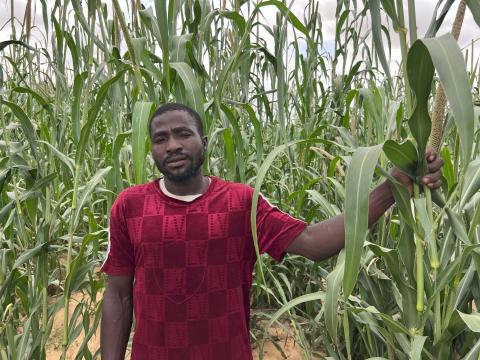
From Exodus to Hope: The Story of Yacouba Moussa, Farmer and Butcher in Kouloumboutaye
In the village of Kouloumboutaye, located in the Maradi region, irregular farming seasons and poverty forced young people to leave their homes every year. Yacouba Moussa, 41, father of 14 children and husband of three wives, was one of them:
"Before I started working with the project, I couldn't spend a week in my village. The difficulties made everything unbearable."
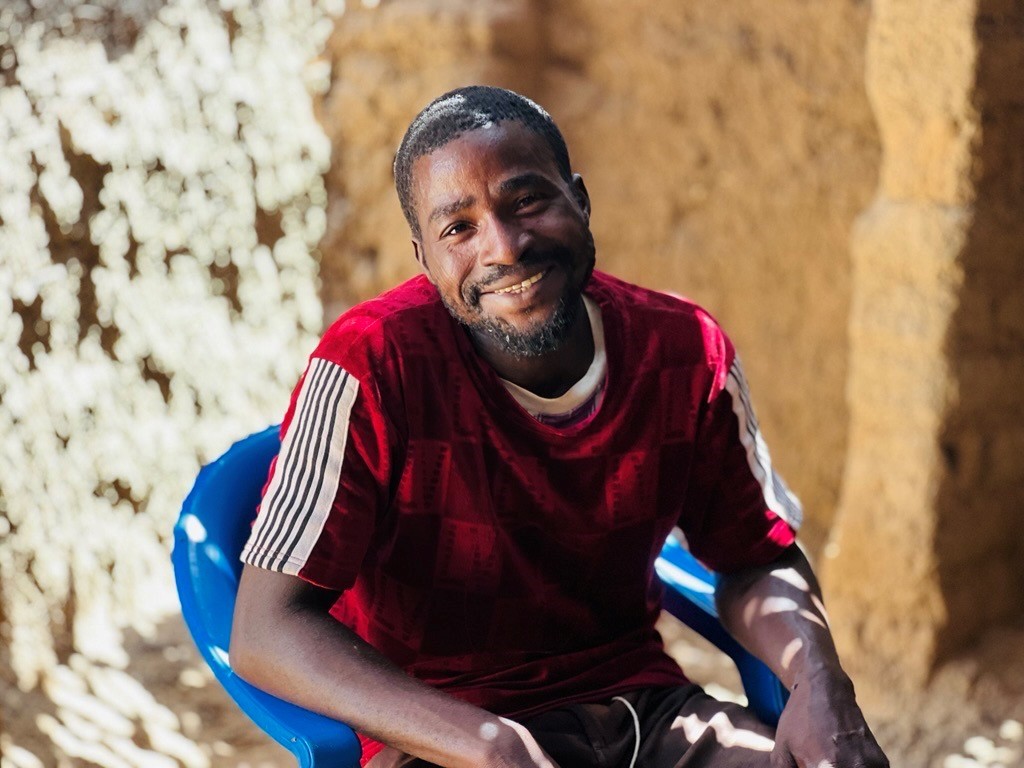
A former apprentice mechanic in Maradi, Yacouba had tried to make a living repairing motorcycles, but the income was too low:
"In Maradi, I worked for my boss, who only gave me taxi fares. I couldn't make ends meet while caring for my wife and first child. So, I had to return to the village, where I was self-employed, but clients were few and far between. My situation still hadn't improved. My growing family continued to lack regular food.”
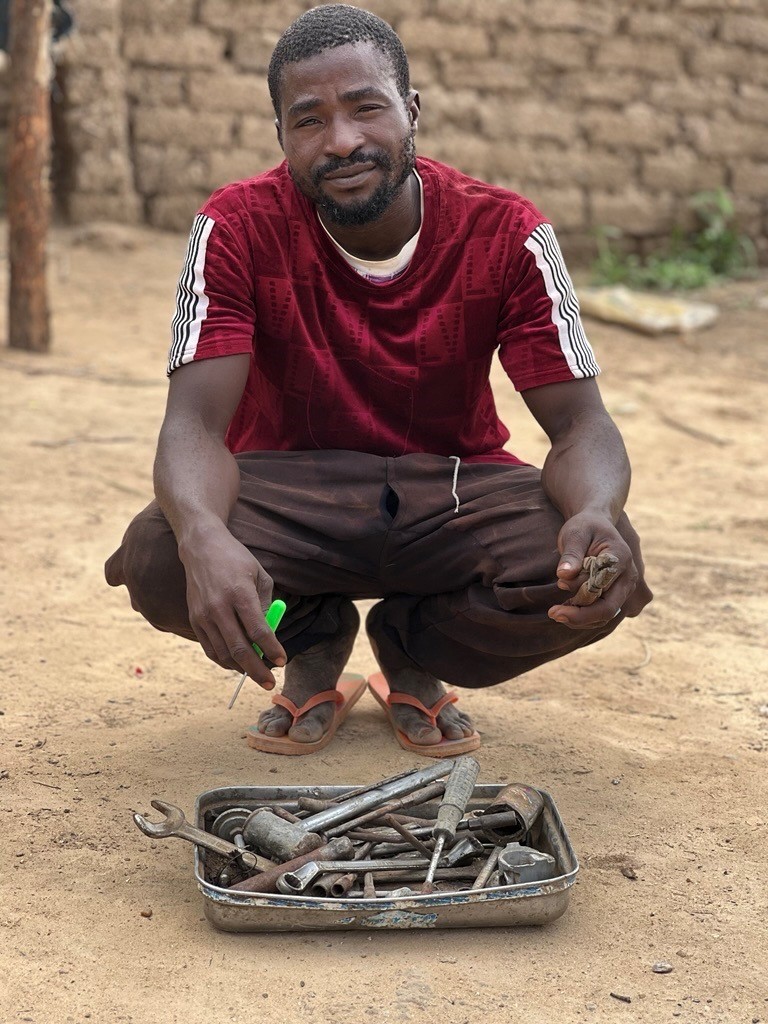
Faced with food insecurity and a lack of opportunities, he left for Tamaya, in the Agadez region, leaving his family behind.
But in 2019, everything changed with the arrival of the Maradi Integrated Resilience Project (MIRP), funded by the World Food Program (WFP) and implemented by World Vision. Yacouba was selected as a beneficiary to work on degraded land restauration sites. "For six years, I worked 20 days a month and received 32,500 CFA francs each month. This money allowed me to support my family and stay in my village."
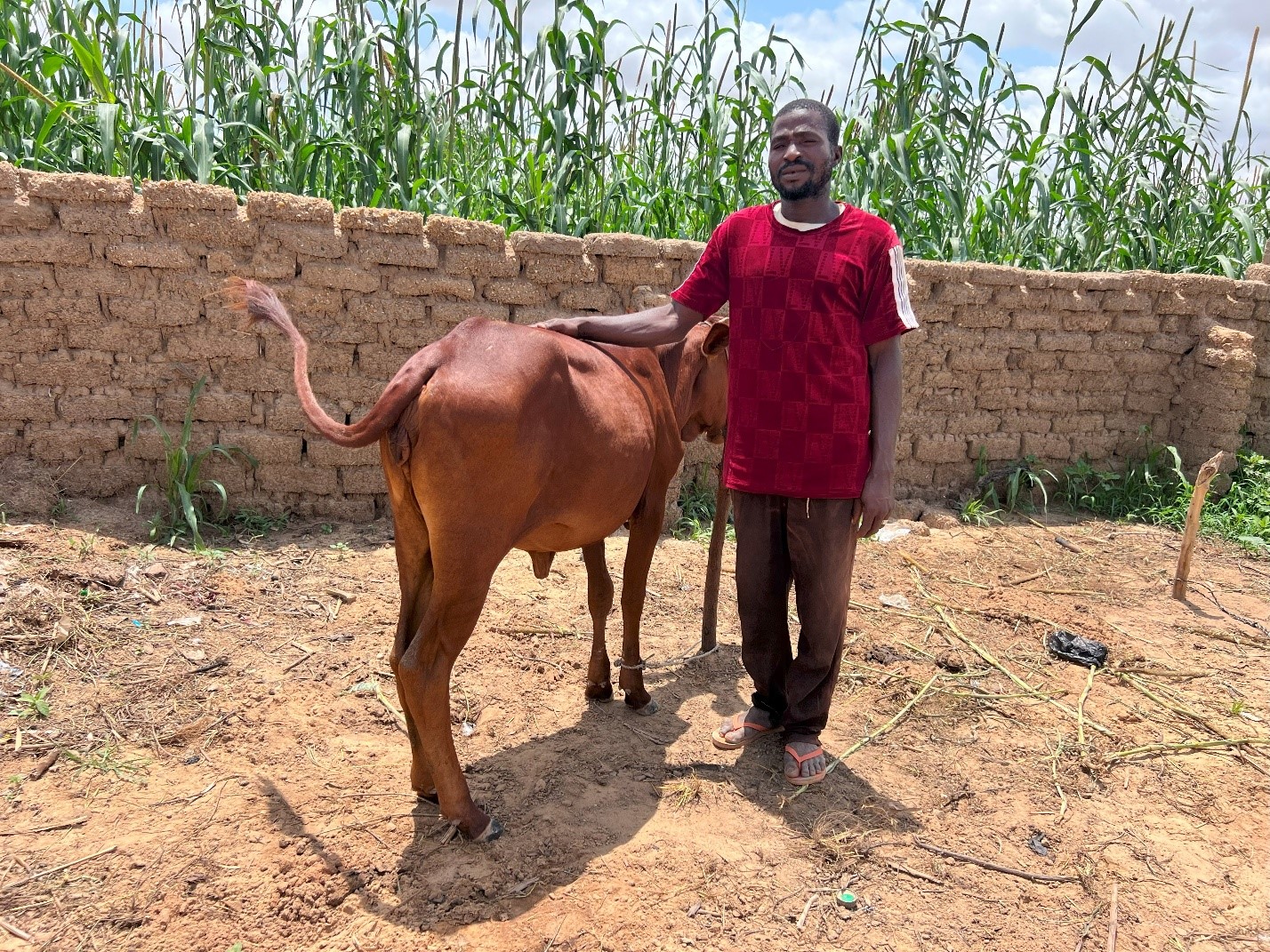
The project also helped curb the rural exodus: "Thanks to this work, many young people in the village were able to stay and seize this opportunity to work at home and earn more money. We also received three stipends of 16,000 CFA francs during the rainy season to encourage us to work in our fields."Using his income, Yacouba gradually invested in agriculture and livestock farming."Thanks to this income, I began by improving my family's life. I bought a donkey the first year to help me with field work. With the 16,000-franc bonus I received tripled during the winter season, I bought peanuts to sow. At harvest time, I had eight bags of peanuts, which I sold. With this income and the sale price of my donkey, I bought an ox. With savings from the monthly money I received, I bought another cow. With the benefits of the project, I was able to easily manage my children's baptisms. I got married, bought a field, and for the first time in my life, I slaughtered a sheep for the Tabaski festival."
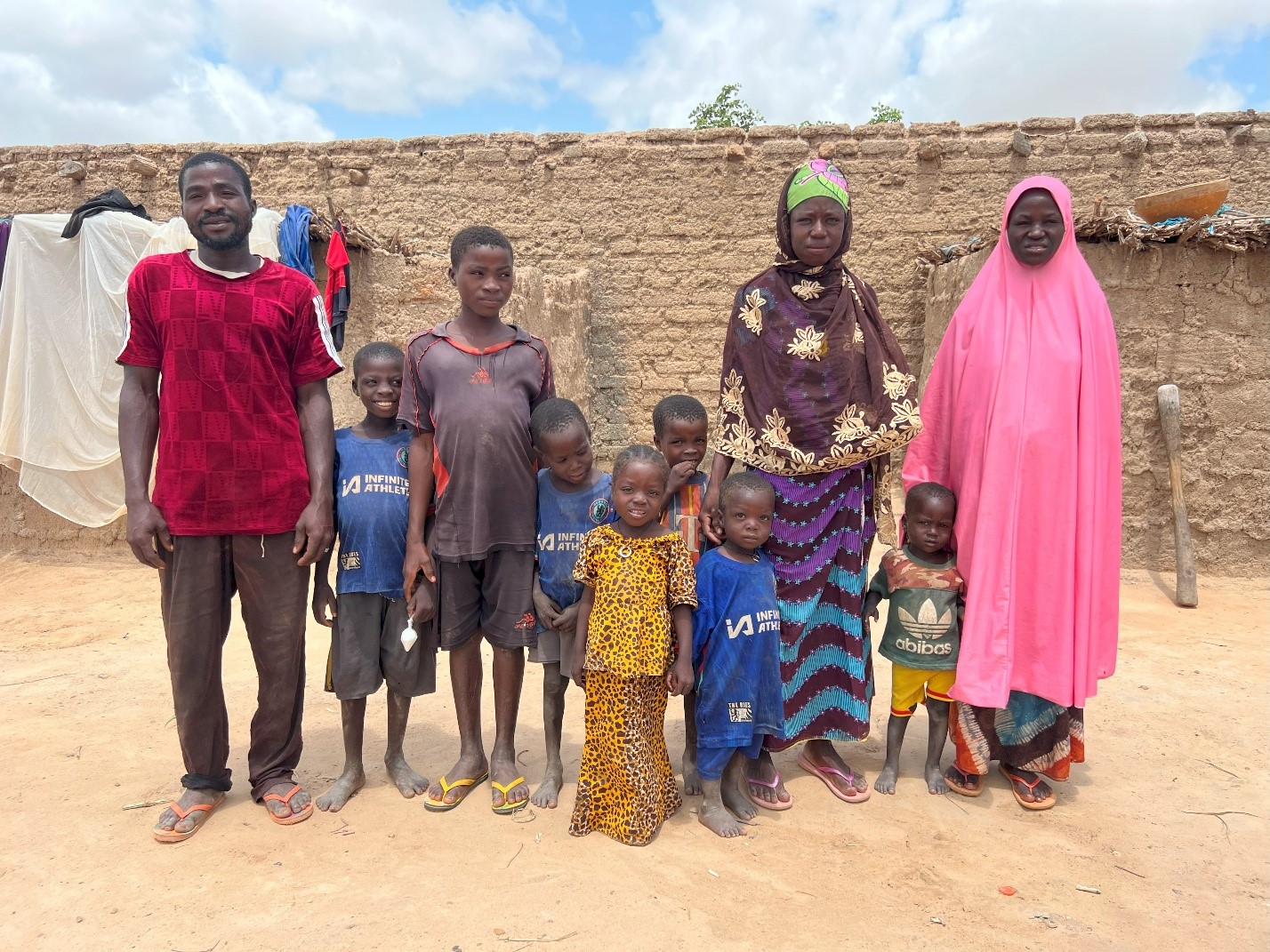
The project also provided him with two sheep for fattening, which he resold for a profit of 32,500 CFA francs. "Since I've been involved in the project, I've never found myself in a situation where I felt helpless."Today, Yacouba has built his own house, moved out of the family home, and lives peacefully with his family: "Since the project arrived, I no longer want to leave the village. I feel comfortable staying close to my family. Many thanks to World Vision and its partner WFP."His story is a powerful example of resilience, empowerment, and social transformation thanks to a well-targeted project.
#RuralResilience
#FoodSecurity
#WorldVision
#PAM
#MIRPProject
#CommunityTransformation
#Niger
#Maradi
#SustainableDevelopment